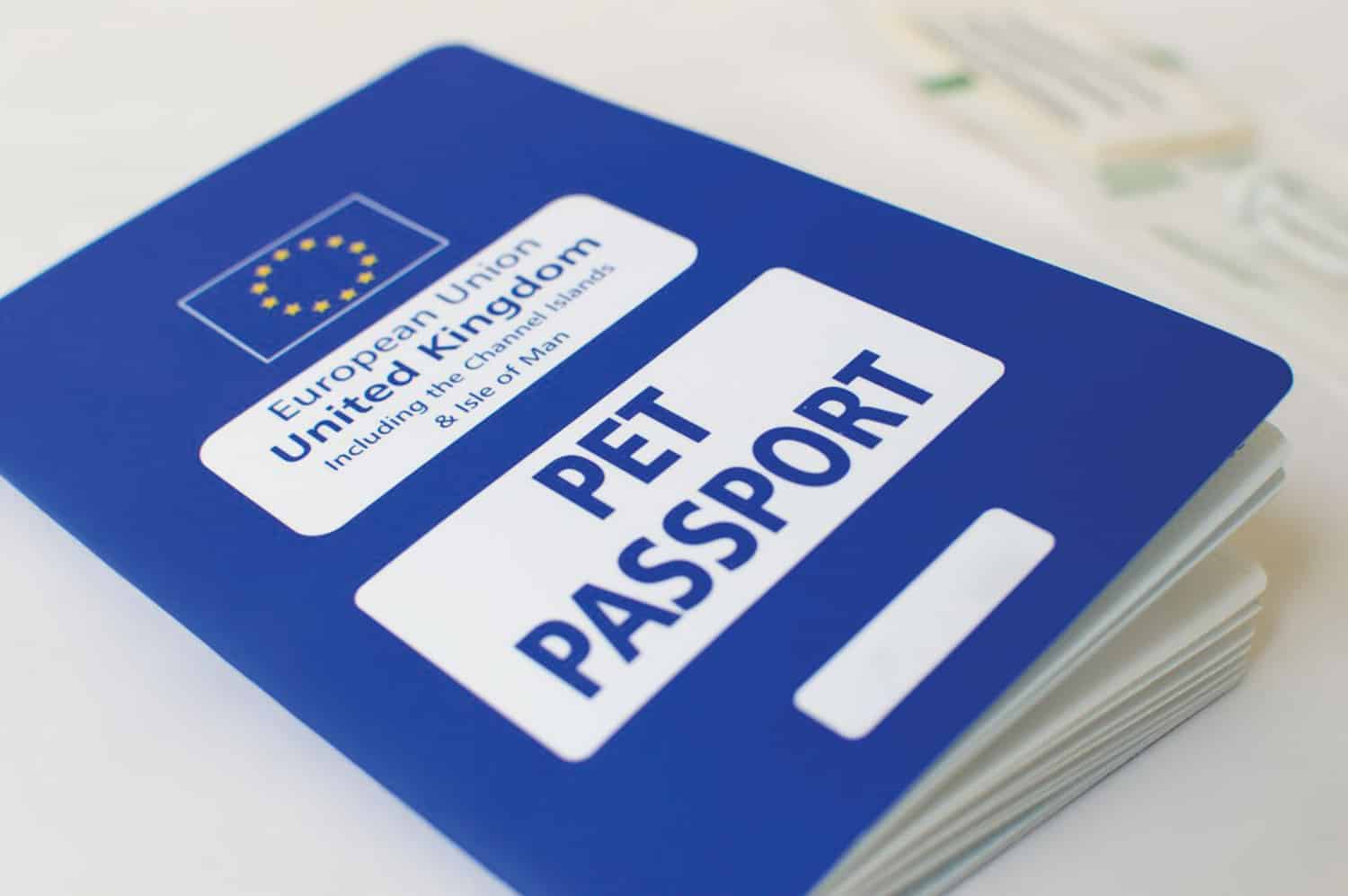Pet Brexit: Is Brexit going to make it harder to take your dog abroad?

“Brexit” is a word that most of us hear or say several times a day at the moment, and none of us really know what’s going to happen or how the whole thing is going to shake down - including the government itself, which is far from reassuring!
One thing that we do know for sure however, is that a whole lot of things are going to change for us in the UK over the course of the coming years, in the run up to our exit from the EU and of course, once we become re-established as an independent country that is no longer part of the union, and covered by EU regulations.
Exactly what all of the implications of Brexit will be may well take a long time to become evident - but just as one of the core debates surrounding Brexit is the free movement of people from within the EU to and from the UK and vice versa, so too is the UK’s participation in the EU pet passport scheme very up in the air at the moment too.
If you take your dog abroad with you on holiday, regularly travel within the EU with your dog or are planning to take your dog to the continent over the coming years, then Brexit may mean that this becomes harder, or at least, more complicated. In this article, we will look at what the Brexit might mean for dog owners in terms of taking our dogs in to and out of the UK using the pet passport scheme. Read on to learn more.
What is the pet passport scheme?
The pet passport scheme, “Pet Travel Scheme” or “PETS” is the scheme under which UK pet owners can currently transport their pets into and out of the UK without the need for a quarantine period when returning into the country, and also, which allows non-UK nationals to bring pets into the UK in the same way.
One of the main reasons that the scheme came into being was to enable pet owners to expedite the process of moving their pets into and out of the UK without increasing the risk of introducing rabies to the UK, by the integration of a vaccination, examination and certification protocol for pets in the form of a “pet passport.” This passport, once issued, records details of your dog’s rabies vaccinations, checks, microchip details and flea and worming treatments, and when everything is in order, allows you to travel with your dog freely into and out of all of the countries within the scheme, without quarantine.
The scheme’s goal was to make it easier to allow UK citizens to bring their own animals into the country without quarantine, making continental travel with dogs (and cats and ferrets, which the scheme also covers) easier and faster. Over time, many of the other EU member countries joined the scheme, as well as several other countries further afield including Canada, the USA, and New Zealand.
The current system
At present, all you need to do in order to travel into and out of the EU with your dog is to arrange for your vet to perform the health checks, rabies vaccination and recording protocols necessary to issue a pet passport, keep your dog’s treatments and record up to date, and use the passport to transit borders between member countries to get around.
Between 2012-2014, the PETS scheme became part of EU policy, and was used to standardise travel arrangements with pets all across the EU member states, plus the other countries that participate in the scheme, and is now part of EU-wide legislation.
Why might Brexit compromise the current PETS scheme?
Whilst the PETS scheme originated in the UK, it is now part of EU law and policy, which means that when the UK leaves the EU, the law will no longer apply, unless the government mandates it and the EU accepts our continued participation in the scheme.
If the UK government decides to set up a new system or scheme and/or the EU no longer accepts UK owners and pets’ automatic participation in the scheme, this will have a range of wide-reaching implications for pet owners who want to take their pets to the continent.
Because the free movement of people between the remainder of the EU and the UK after Brexit is one of the core areas of debate and uncertainty, the eventual decision on how our borders will be controlled and the rights that we as people will have to travel within the EU are currently in question, and until this issue is resolved, we probably won’t know for sure what the future holds for jet-setting dogs.
It is not in the best interests of any EU country or the UK to make it harder to travel with pets, and ultimately, it is the pet owners of the UK who potentially have the most to lose when it comes to post-Brexit changes and restrictions. Whether the UK remains in the scheme in its current form, or has to renegotiate different agreements with the EU and other individual countries for pets to travel is something we won’t know for certain for a while.
If you are planning to take your dog abroad over the next couple of years, it is important to keep an eye on the legislation and potential policy changes that pertain to international travel under the PETS scheme, and plan any trips well in advance to take into account any changes to the current regulations.
(Article source: Pets 4 Homes)




